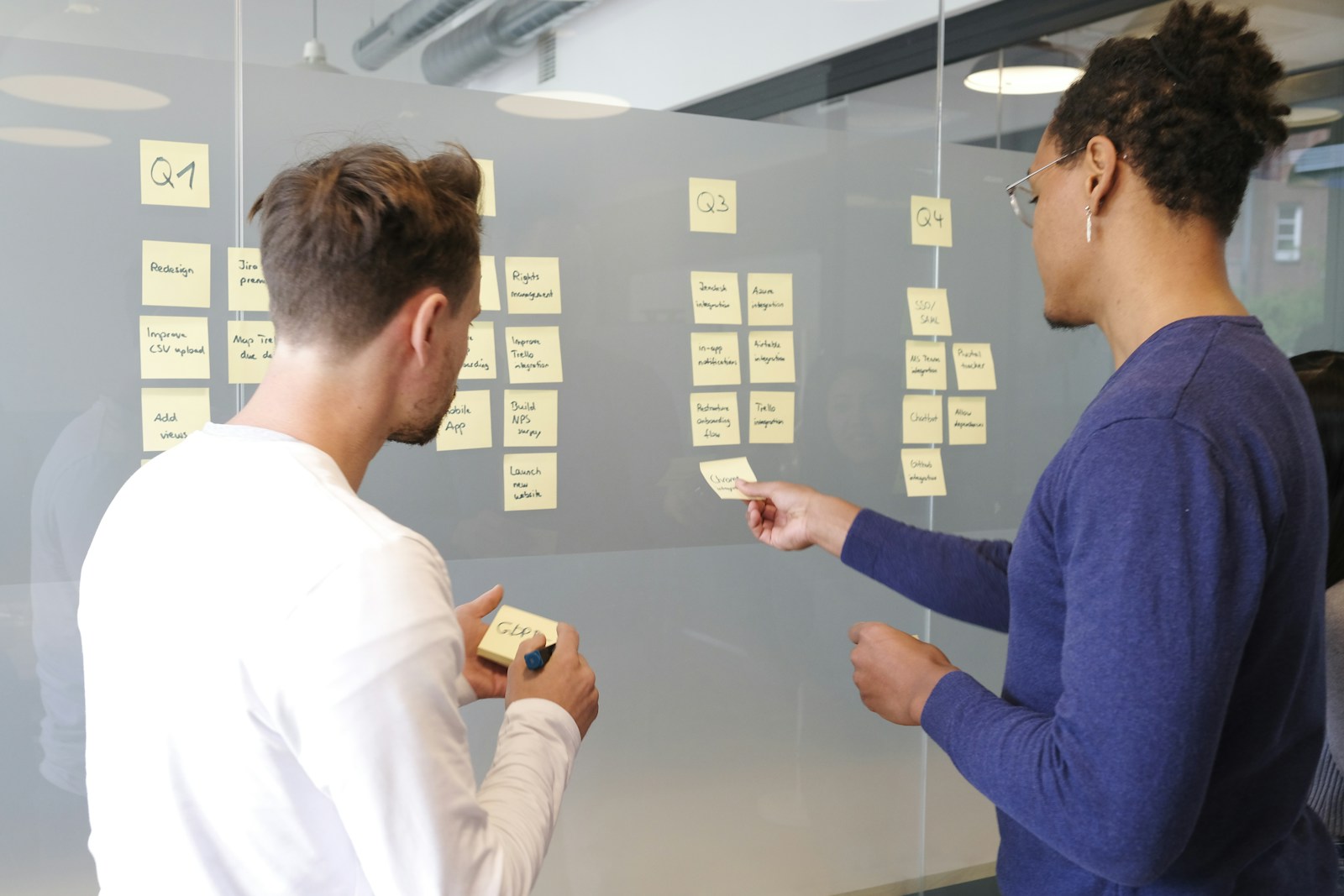Let me share a vision of HR's future that's been shaped by decades of experience in Australia's most challenging industries. Over countless cups of coffee with mining executives, energy sector leaders, and union representatives, I've watched our profession evolve from "personnel" to something far more exciting and strategic.
The Great Transformation
I remember sitting in a boardroom in Sydney about 15 years ago, listening to a mining executive declare, "HR just handles payroll and hiring, right?" Oh, how times have changed! Today, I'm often involved in strategic planning sessions where HR insights drive major business decisions.
The future of HR isn't just about managing people—it's about orchestrating the delicate dance between human potential and organisational success. Here's how I see it unfolding:
Digital Integration with a Human Heart
Picture this: AI-powered analytics helping us predict skill gaps before they emerge, but with HR professionals using their emotional intelligence to craft solutions that work for real people. Many resources companies today are using predictive analytics to anticipate workforce needs three years ahead—but it was the human conversations that made the transition successful.
The key elements will include:
- AI-enhanced decision support
- Predictive workforce analytics
- Digital learning ecosystems
- Real-time performance feedback
- Automated administrative tasks
But here's the crucial bit: technology will free HR to focus on what humans do best—building relationships, fostering culture, and navigating complex emotional landscapes.
The New HR Toolkit
Think less about traditional HR tools and more about:
Strategic Workforce Architecture
- Dynamic workforce planning
- Skill marketplace platforms
- Flexible team structures
- Cross-functional capability building
Cultural Engineering
- Purpose-driven organisation design
- Values-based leadership development
- Inclusive culture frameworks
- Sustainability integration
Data-Driven People Insights
- Predictive retention models
- Performance pattern analysis
- Engagement analytics
- ROI on people initiatives
The Human Element
A story comes to mind: Recently, a large energy company implemented an AI-powered recruitment system. The technology was impressive, but what really made it work was how the HR team used the data to have better conversations with managers about their hiring decisions. Technology amplified the human capabilities rather than replacing them.
Wellness Revolution
The future of HR will see us taking a holistic view of employee wellbeing:
- Mental health support
- Financial wellness programs
- Work-life integration
- Purpose alignment
- Environmental consciousness
I've seen this work brilliantly in high-risk industries where we've moved from basic safety compliance to comprehensive wellbeing programs. The results? Lower turnover, higher engagement, and better business outcomes.
Skills and Learning Evolution
The future workplace will require:
- Continuous learning pathways
- Micro-credentialing
- Cross-functional skill development
- Peer-to-peer learning networks
- Real-time capability tracking
One of my favourite examples comes from a unionised workplace where we created a skills marketplace. Workers could learn new skills during downtime, creating a more flexible and engaged workforce while improving job security.
The New Employment Contract
We're moving towards:
- Purpose-aligned employment
- Flexible working arrangements
- Portfolio careers
- Skills-based progression
- Value-based rewards
This isn't just theory—I've seen it work in traditionally rigid industries. At one mining operation, we introduced flexible rosters that employees could be adjusted quarterly. Productivity improved, and turnover dropped significantly.
Cultural Intelligence
Future HR leaders will need to be masters of:
- Digital literacy
- Data interpretation
- Change facilitation
- Cultural navigation
- Strategic thinking
- Emotional intelligence
I remember a conversation with a senior HR director who said, "We're not just people people anymore—we're business strategists who specialise in human capital." That perfectly captures the evolution of our profession.
Environmental, Social, and Governance (ESG) Integration
HR will play a crucial role in:
- Sustainability initiatives
- Social impact programs
- Governance frameworks
- Ethical decision-making
- Community engagement
This isn't just about ticking boxes. I've seen firsthand in the renewable energy business how strong ESG practices attract and retain top talent, particularly among younger workers.
The Power of Analytics
The future HR function will be data-informed but human-led:
- Predictive analytics for workforce planning
- AI-powered performance insights
- Real-time engagement monitoring
- ROI measurement on HR initiatives
- Strategic workforce metrics
But here's the key: data should inform, not dictate. The best decisions still come from combining data insights with human judgment.
Change Leadership
Future HR professionals will be change architects:
- Leading digital transformation
- Managing cultural evolution
- Facilitating organisational redesign
- Driving innovation initiatives
- Building change capability
I've learned that successful change isn't about the technology or the process—it's about the people. The most successful transformations I've led have all put human needs at the centre.
The Way Forward
So, what does all this mean for HR professionals? We need to:
- Embrace technology while maintaining human connection
- Develop strategic business acumen
- Build strong data literacy
- Maintain emotional intelligence
- Foster cultural awareness
- Lead with purpose
A Personal Note
After decades in HR, I'm more excited about our profession's future than ever. We're moving from transactional to transformational, from support function to strategic partner, from process managers to people strategists.
Final Thoughts
The future of HR isn't about choosing between technology and humanity—it's about leveraging both to create workplaces that are more productive, more humane, and more sustainable.
As one CEO recently told me, "HR used to be about managing people. Now it's about unleashing human potential." That's a future worth working towards.
Remember, in this rapidly changing world, the most valuable currency isn't technology or even data—it's our ability to understand and enhance human potential and unlock stakeholder value. That's where HR's future lies, and that's what makes our profession more exciting and important than ever.
The future of HR is here, and it's brilliantly human.












0 Comments